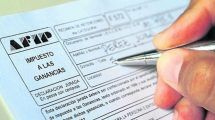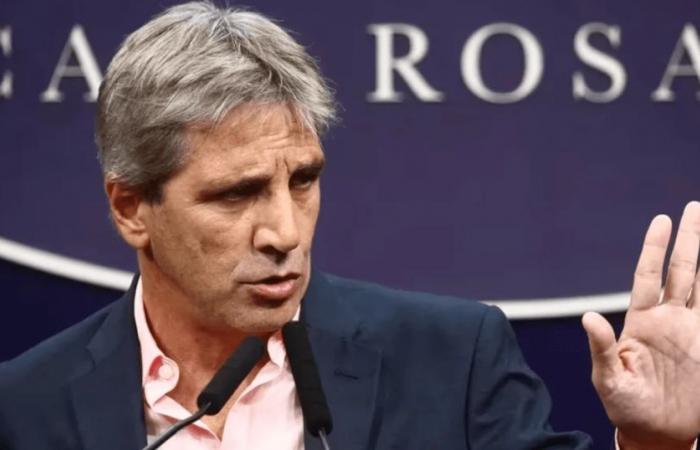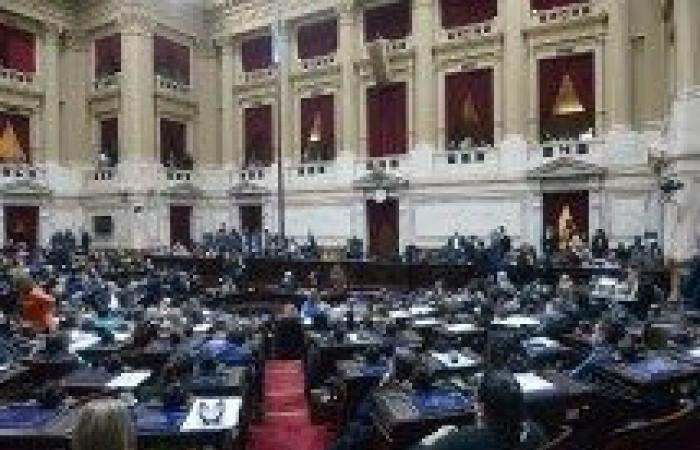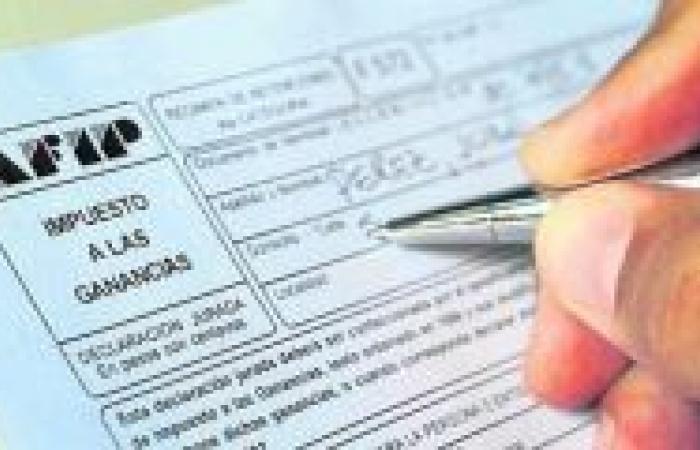Economy Minister Luis Caputo faces his promise to reduce the PAIS tax after the final sanction of the Base Law and the fiscal package, and the market awaits the announcement to gauge the impact on the fiscal balance that the Government intends.
In the midst of negotiations for the laws to be approved by the national Senate, Caputo pressured with the announcement that it would reduce the rate of this tax from 17.5% to 7.5% when both rules become firm.
With the last procedure in the Chamber of Deputies, all that remains is the promulgation by the Executive Branch and since everything was rushed at the end of June, Speculations are emerging that Caputo will finally keep his word and the reduction of the PAIS Tax will take effect from Monday, July 1..
In formulating his promise, Caputo was careful not to give too many details and that opens up different scenarios about how the measure would be implemented.
The range of options to which the PAIS tax applies is very wide: cpurchase of foreign currency for savings, for the payment of tourist services, subscription of bonds or securities issued by the BCRA, and for the distribution of dividends, among others.
Hence, it is decisive to which operations the tax rate will be reduced.
It should be remembered that it was Caputo himself the one who decided the increase from 7.5% to 17.5% of this tribute when he launched his first economic measures in December, which would now only return to the scenario that prevailed six months ago.
Analysts’ doubts are due to the impact on collection since the tax became one of the pillars of tax revenue.
One of the direct effects It would be the fall in the cost of imported inputs that generates two effects: benefits for some companies because they lower production costs and harm for those that will have to compete against the entry of merchandise from abroad at a lower price.
But what analysts hope to know is what the tax grid will look like and establish how Caputo will get the funds to offset the promised reduction.
In the first five months of the year, this tax contributed $2.8 billion to the treasury, out of a total of $44.7 billion, which is equivalent to 6%, a volume that, given the general situation and the delay in reactivation, does not seem easy to level.
Profits
The imminent approval in Deputies establishes that the non-taxable minimum for the income tax The tax rate will be $1,800,000 for singles and $2,200,000 for married couples with children. It is estimated that 1 million workers will pay the tax again with rates ranging from 5 to 35%. There will be semi-annual updates based on the Consumer Price Index (CPI) starting in 2025 and this year there will be an additional one in September.
The OPC estimated that the restitution of this tax will add 0.43 points of GDP collection, which would be equivalent to about US$ 2,530 million. This is the point that the provinces are most interested in because approximately 42% for the Nation and 56% for the provinces participate.

Although the regulations of the standard remain to be defined, it is estimated that it could come into force as of Monday, July 1.
in the senate The increase in the non-taxable minimum that Patagonian legislators sought in defense of workers in the oil sector did not prosper.
Personal property
The standard also establishes an update of the Personal Property Tax and the new tax floor will go from $27 million to $100 million, while the deduction for family housing will go to $350 million.
In turn, assets will be taxed at rates between 0.5% and 1.5% until the end of 2023. Then, between 2024 and 2026, only rates of 1.25% and 1.5% will remain in force, and from 2027 they will be unified into a single rate of 0.25%.
The Government also promoted an advance payment scheme for the periods 2023 to 2027, with a unified rate of 0.45%, which rises to 0.5% for goods that enter laundering.
This is the incentive that the Government wanted to maintain because it is betting that the “externalization of capital” will provide it with extra points in revenue collection.
Whitening
When the law is enacted it enables the Executive to carry out a “money laundering” and those people who disclose up to US$ 100,000 will not pay any tax or any penalty.
There will be three stages to join. Those who withdraw more than US$ 100,000 until September 30 will pay a rate of 5% on the declared surplus. In the second stage until December, the rate will be 10%, and in a third tranche during the first quarter of 2025, it will be 15%.






